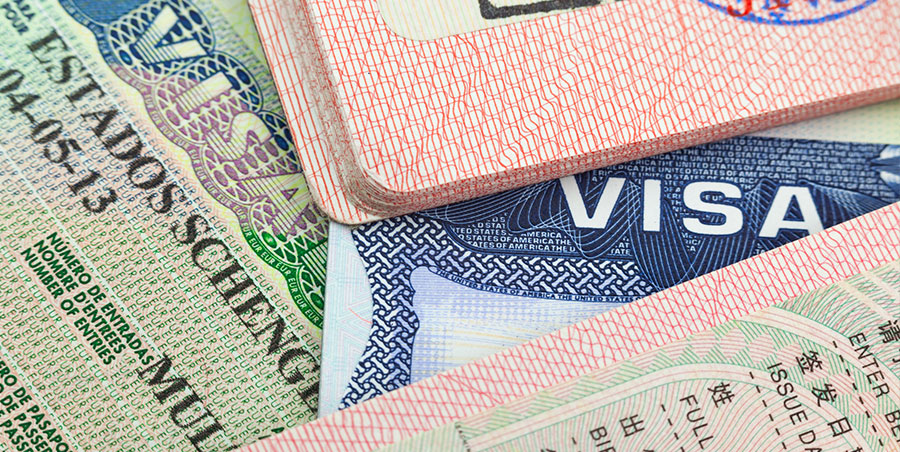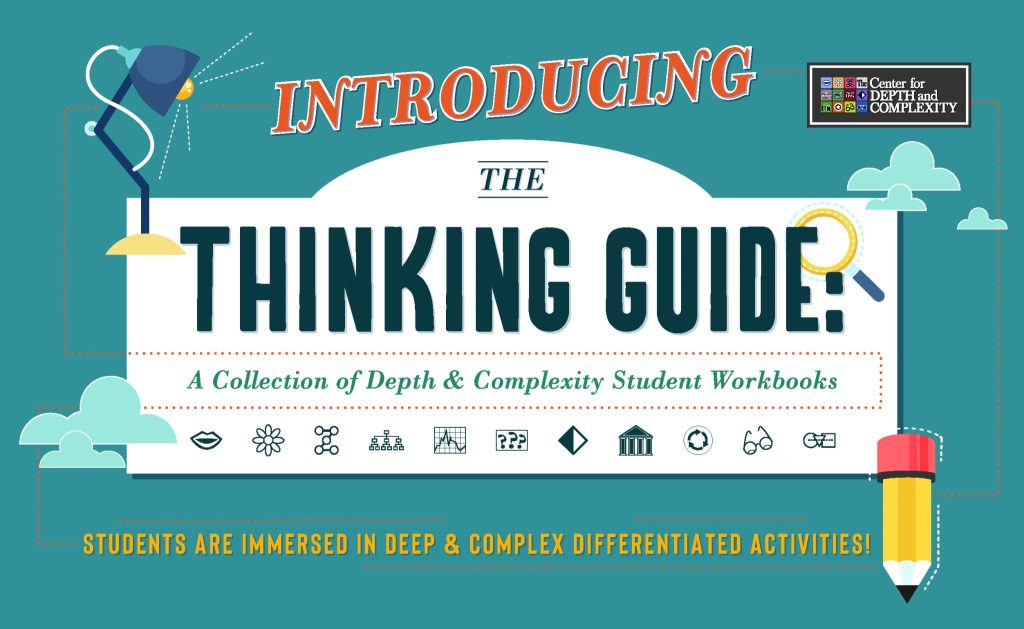

Student visas are a complex but crucial part of the international student experience. Navigating the enrollment process and the intricacies of visa requirements often proves challenging for prospective students. This comprehensive guide will illuminate the complexities of student visas and outline the necessary enrollment requirements. We will delve into the various aspects of the application process, providing practical insights and actionable steps. You’ll learn how to successfully navigate the bureaucratic landscape of international education, with a focus on strategies for successful visa applications. This article will detail the key aspects of enrollment, including program selection, financial arrangements, and required documents. We will also discuss the typical timelines and processes, allowing you to confidently plan your international study experience. The sections covered are: Program Requirements, Financial Considerations, Application Procedure, and Crucial Documents. Get ready for your global educational adventure!
Understanding Student Visa Requirements
Key Components of a Student Visa
Student visas, often necessary for international students seeking higher education opportunities abroad, are unique in their requirements. This involves a rigorous evaluation process encompassing educational qualifications, financial stability, and health insurance coverage. The specific stipulations associated with each program and nation should be carefully researched and understood. Students must demonstrate strong intent to pursue education and adhere to immigration regulations to secure a student visa approval. The first step in navigating the complexities of student visas is a thorough understanding of the key components involved, including the enrollment process, financial arrangements, and documentation.
The Critical Enrollment Process
Selecting the Right Program
The selection of a suitable educational program is pivotal to a student visa application. Prospective international students should conduct thorough research to identify a program aligned with their academic goals and career aspirations. Examining program curriculum, faculty expertise, and accreditation is crucial. This meticulous research will ensure a solid foundation for the visa application process. Accreditation is vital; many countries require proof of academic qualifications and accreditation from the institution in question. Students should also consider the overall learning environment, including campus facilities, support services, and the local community. This detailed consideration will set a positive tone and contribute to the overall success of the international student experience.
Financial Considerations for Student Visas
Demonstrating Financial Resources
Prospective international students must prove their ability to fund their studies and living expenses. This involves demonstrating adequate financial resources to support their stay in the host country. Financial documentation, such as bank statements, scholarship letters, or financial aid confirmation, is commonly requested. The amount required differs based on the host country and the duration of study. Detailed financial planning and meticulous record-keeping are essential. Prospective international students should consult their chosen educational institution and national immigration authorities for current guidelines and any necessary documentation.
The Visa Application Process
Navigating the Application Procedure
Submitting the student visa application is a multi-step process. Understanding the intricacies of the application procedure is vital. Students must gather all required documents, complete the application form accurately, and attend any required interviews. Diligence and precision throughout this stage are essential to avoid complications. Be ready to clearly articulate your academic goals, financial stability, and reasons for pursuing the opportunity to study in that particular nation. The timeline of the application and the required processing times should be considered carefully and planned for in advance to accommodate any delays.
Crucial Documents for Student Visa Applications
Gathering Required Documentation
Ensuring proper documentation is crucial for a successful student visa application. Documents needed typically include, but are not limited to, proof of enrollment, financial statements, academic transcripts, passport, and health insurance. The checklist provided by the embassy or consulate should be meticulously followed. All documents should be accurate and translated into the official language of the host country when necessary. Students should also be aware of potential additional requirements, such as language proficiency tests, medical examinations, or letters of recommendation. Failure to provide necessary documents at the required time or in the required format can result in significant delays or visa rejection.
Important Considerations
Staying Informed and Proactive
Navigating the student visa process necessitates staying informed and proactive. International students should regularly consult the embassy or consulate for updated guidelines and requirements. The specific requirements can change from time to time, so it is important to verify the latest information. International students should also prepare well in advance, factoring in any potential delays. It is highly recommended to use resources such as reliable websites, official embassy publications, and trusted legal advisors to confirm and authenticate the most up-to-date information.
Common Mistakes to Avoid
Preventing Application Errors
inaccurate or incomplete documentation, or missing deadlines, are frequent mistakes in visa applications. Double-checking all documents for accuracy and completeness, along with adhering to the timeline, is essential. Students should also seek guidance from experienced advisors or professionals for additional support and clarity. Avoiding common mistakes will greatly increase the odds of success.
Tips for Successful Visa Application
Planning and Organization
Planning ahead is vital for a successful visa application. Students should start early and allocate sufficient time for research, document gathering, and application completion. Careful organization of documents and adherence to deadlines will reduce stress and maximize the chances of visa approval.
Case Studies: Successful Student Visa Applications
Real-World Examples
Numerous case studies showcase the strategies and practices that contribute to successful student visa applications. Examples demonstrate the importance of thorough research, meticulous preparation, and adherence to specific requirements. Studying these examples provides invaluable insight into overcoming challenges and achieving successful applications. The success rate of student visa applications varies greatly depending on the country in question and the specifics of each applicant’s situation.
Frequently Asked Questions
What documents are typically required for a student visa application?
“To secure a student visa, you’ll need a comprehensive application package. This usually includes proof of enrollment, financial support documentation, health insurance, a valid passport, and in some cases, a letter of acceptance from the institution. The exact requirements vary greatly depending on the country and the specific institution you’re attending. Thorough research and adherence to the specific instructions provided by the embassy or consulate are paramount to avoid delays or rejection. Check directly with your chosen country’s embassy or consulate, or the relevant education institution’s international office, for the most up-to-date and accurate list of requirements, as policies and forms can evolve.”
In conclusion, navigating the complexities of student visas demands meticulous research, careful planning, and a proactive approach. Understanding the specific requirements, deadlines, and documentation needed for your chosen study program is crucial. By following this guide, you can confidently embark on your academic journey abroad and experience the benefits of international education. For personalized support and assistance, consult with a qualified immigration professional or the appropriate embassy/consulate. Contact us today for a free consultation!